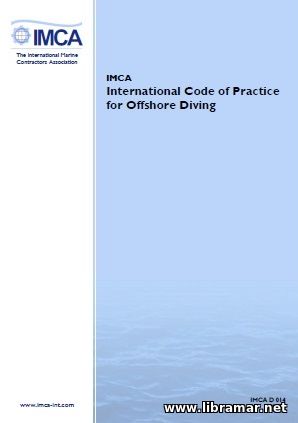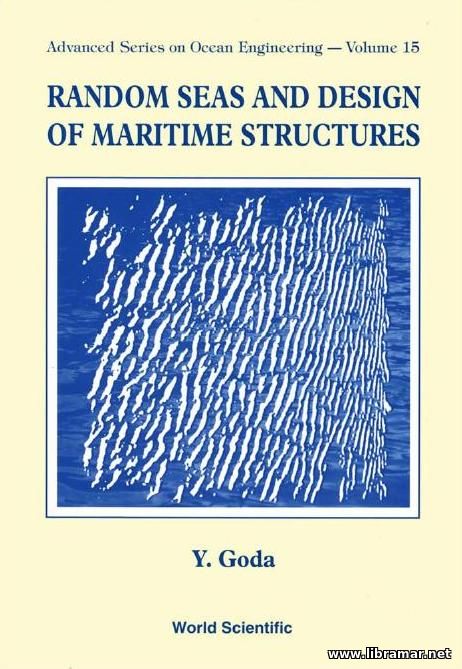TO RULE THE WAVES

| Author(s) | Arthur Herman |
| Publisher | Harper Collins |
| Date | 2005 |
| Pages | 688 |
| Format | |
| Size | 57 Mb |
| D O W N L O A D | |
The role of a historian extends beyond merely recounting or explaining the past; it involves demonstrating how present circumstances have been shaped over time. This book explores how a single institution - the British navy - crafted the modern global system, which continues to define our world, for better or worse. It began by challenging and dismantling the global order established by Spain and Portugal in the age of Columbus.
Later, during the 18th and 19th centuries, it reconfigured the world to serve the needs and ambitions of the British Empire. These needs - market access, free trade across borders, a stable international order that favors peace over conflict, and rapid communication and travel across oceans and skies - still underpin modern globalization today. Naturally, such a complex historical process involved many actors and factors beyond just the British navy.
However, removing it from the narrative makes the history of globalization appear more uncertain, more chaotic, and less inevitable. The existence of the British Empire - a foundation for half of today’s independent nations - would have been unimaginable without the navy’s influence. Moreover, without the Empire and its successor, the Commonwealth, the political map of the world would look quite different. While other nations could have forged a unified global structure, they likely would not have achieved it as swiftly, efficiently, gracefully, or humanely. Since the days of the Roman legions, no military force has had as profound an impact on both national and global history as the British navy.
Captain Alfred Thayer Mahan, an American naval officer, famously argued that the history of Western civilization is largely the history of sea power - the ability of nations and empires to control the vast “common” of the oceans and deny that control to others. Through mastery of sea power, even smaller nations could dominate their rivals by controlling access to vital resources and shaping events, trends, and even the course of the globe itself. This demonstrates the core meaning of “ruling the waves.”
The "Read Later" function allows you to add material to this block with just one click. Just click on the icon and read the articles that interest you at any convenient time.


